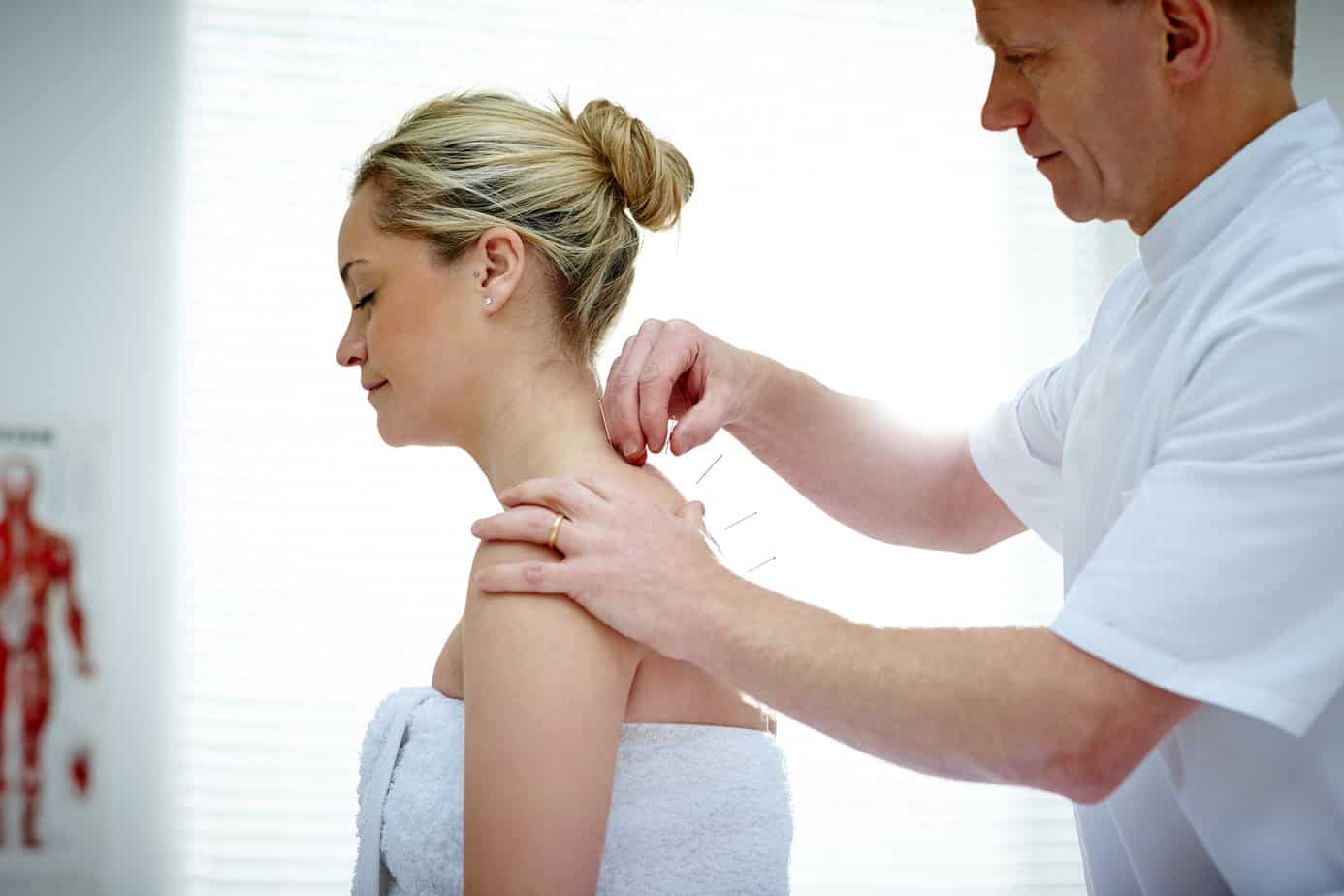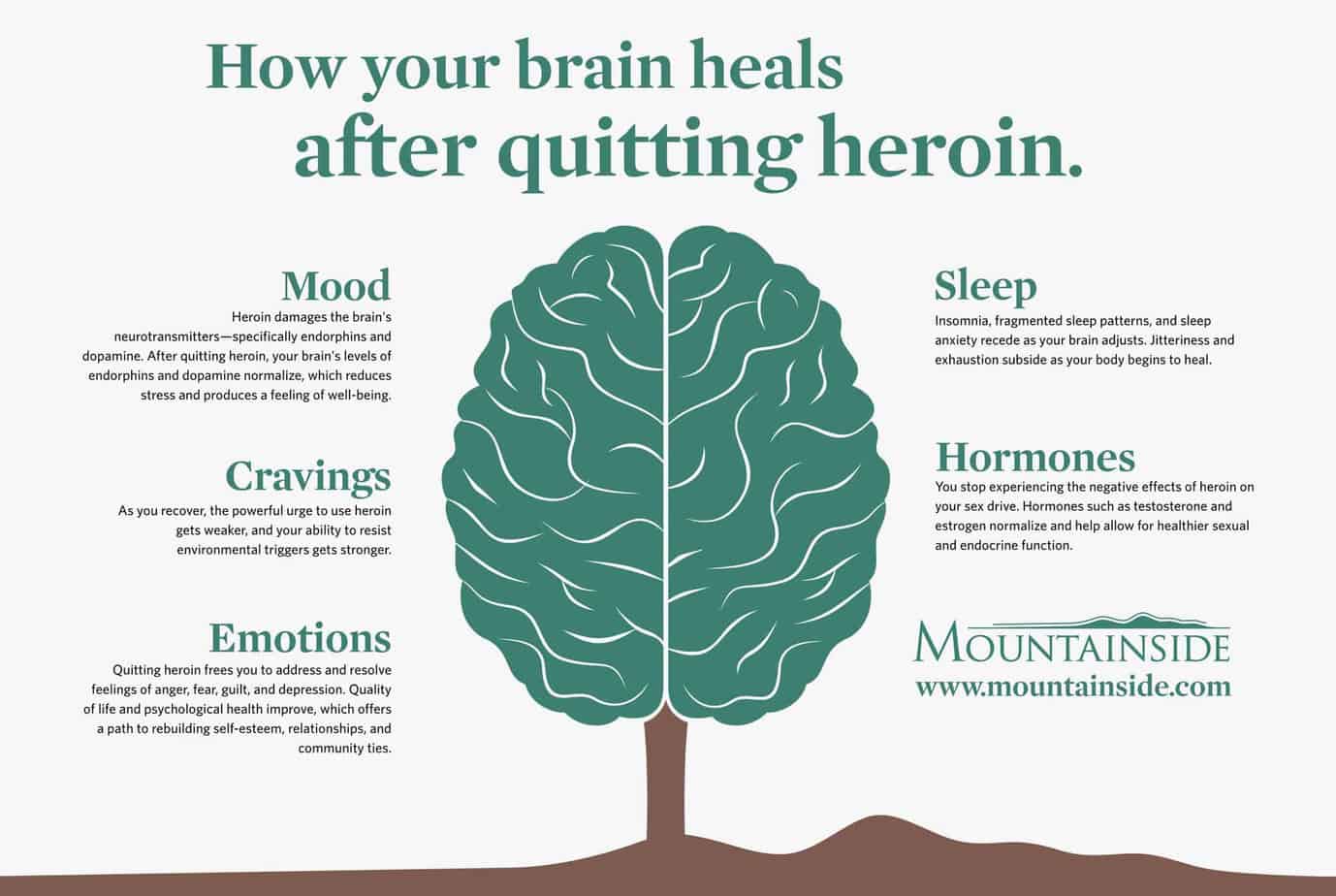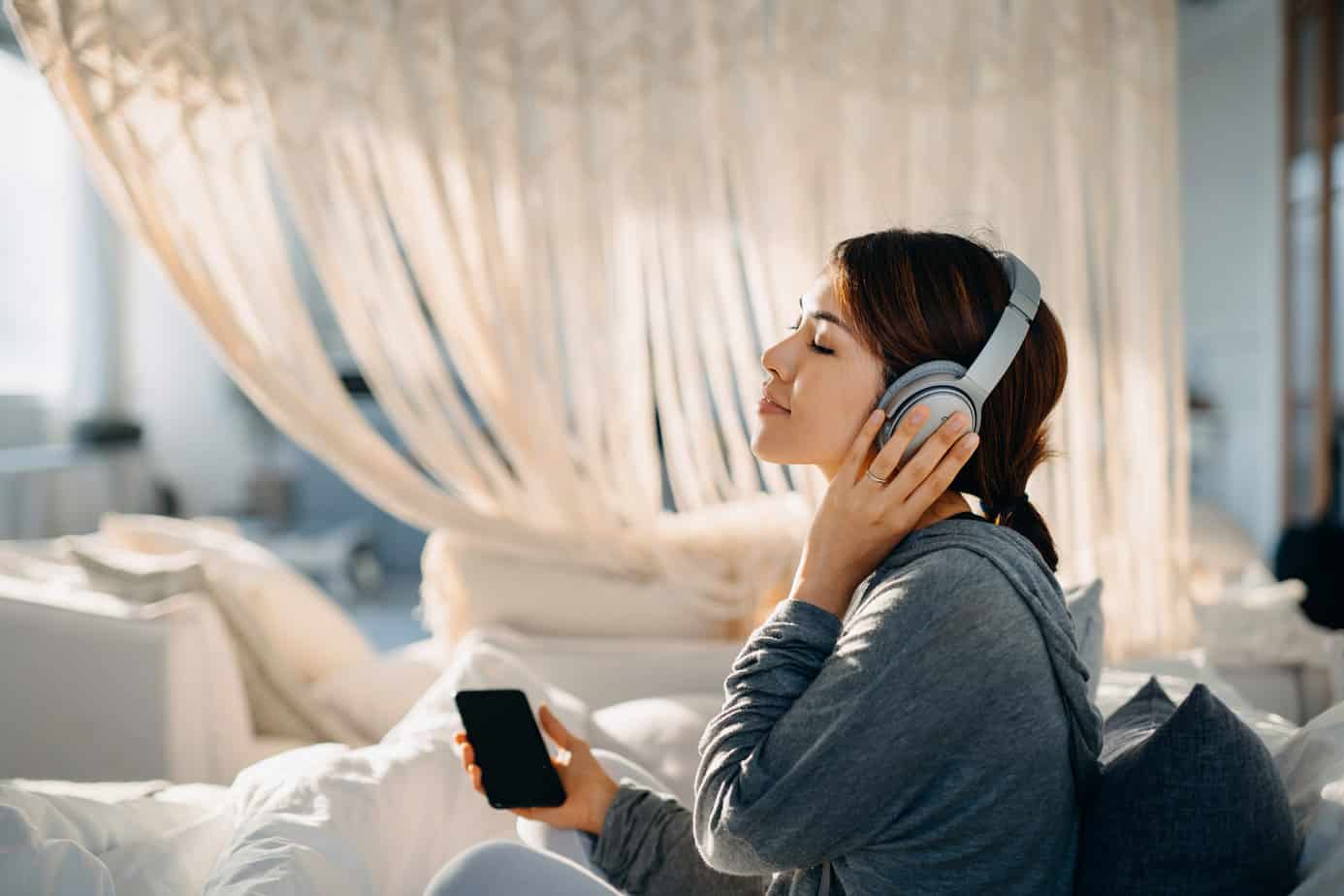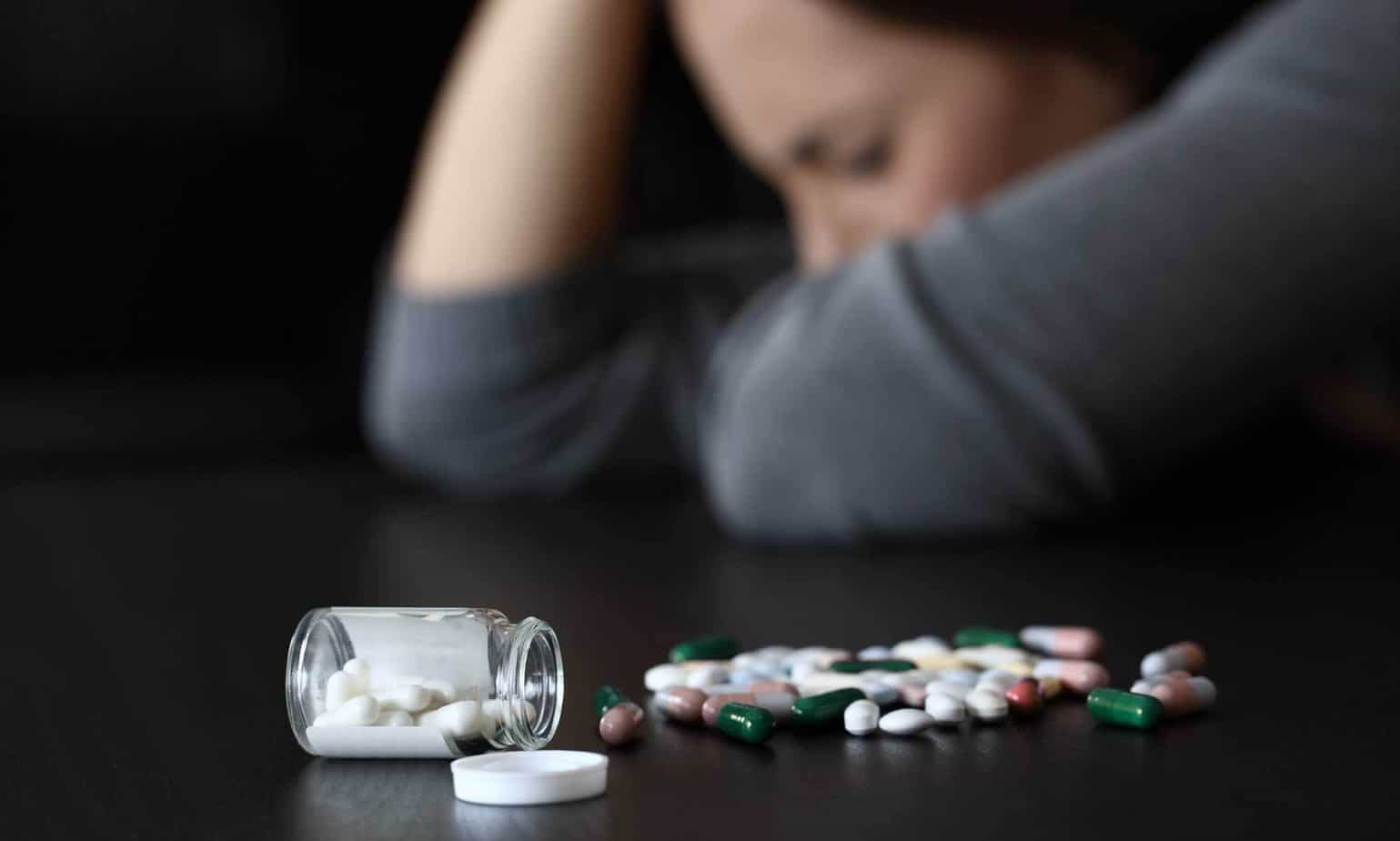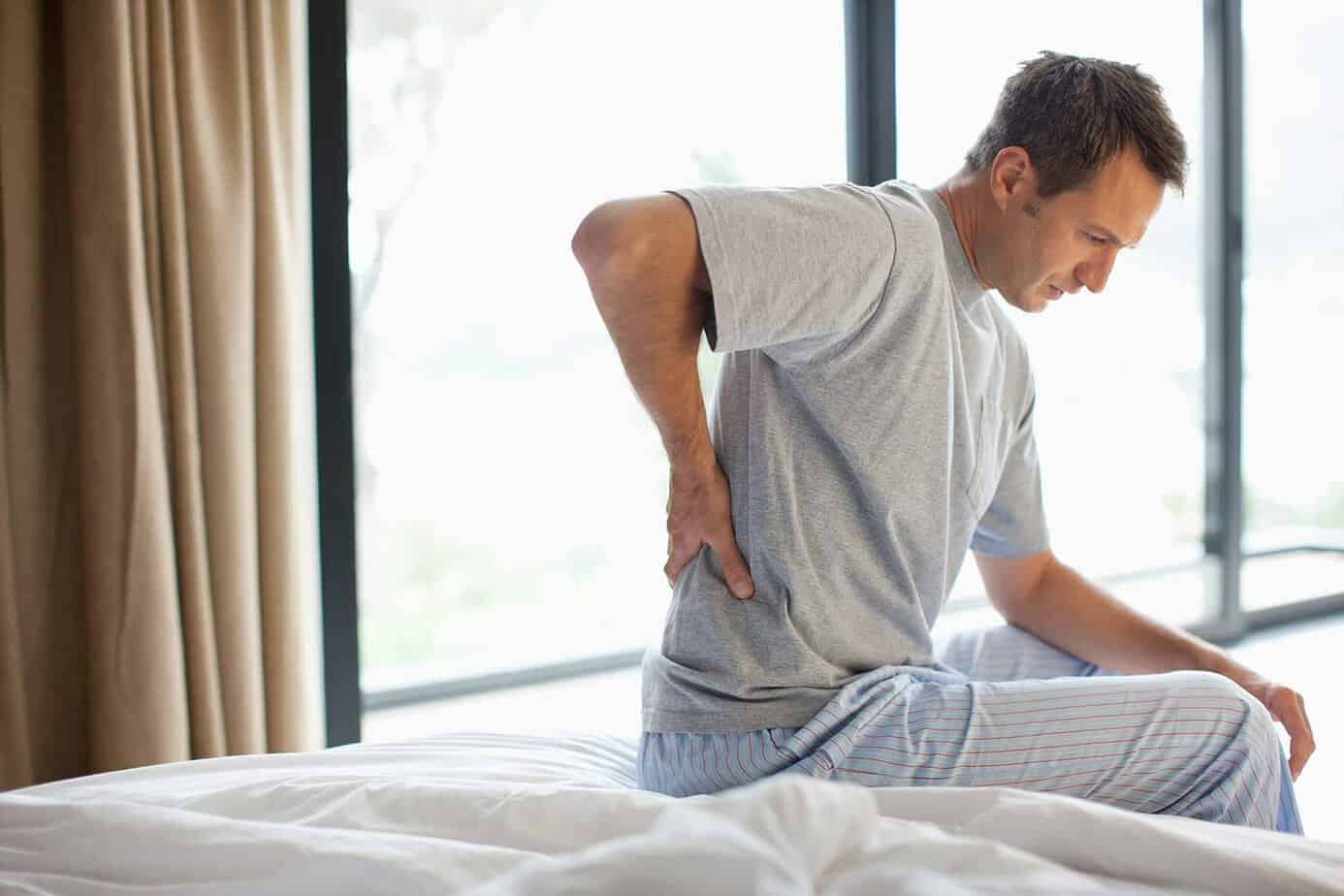What Is Acupuncture?
Acupuncture is a form of traditional Chinese medicine that uses thin needles to balance your “qi”, the Chinese term for the life-energy that flows through the body. According to Chinese medicinal philosophy, illness occurs when the flow of qi is disrupted. When an acupuncturist inserts a needle into one of the 361 unique acupoints located on the body, it restores your qi and improves your health, benefitting treatment of chronic pain, anxiety, and addiction. This is because each acupoint aligns with a meridian, or a pathway connecting each specific point to an important organ, such as the large intestine or heart. Each of these needles inflicts a tiny injury, causing minimal discomfort, which signals your brain to respond and increase blood circulation to the area, helping to also reduce inflammation. At the same time, your brain releases serotonin and pain-relieving endorphins into your body, which can elevate mood.
What Are the Different Types of Acupuncture?
At Mountainside, two different types of acupuncture have become staples of holistic addiction treatment:
What Is Auricular Acupuncture?
Auricular acupuncture takes advantage of the many acupoints located on the ear, and is particularly beneficial to substance abuse treatment:
- Sympathetic point: this point promotes deep relaxation and calmness by connecting to the sympathetic nervous system. It regulates the body’s stress response, reducing levels of cortisol and adrenaline, two chemicals that cause feelings of anxiousness.
- Shen Men point: the Shen Men point connects to both the spirit and the mind, and can therefore decrease anxiety by reducing insomnia, pain, fear, and panic attacks.
- Lung point: connecting to the Lung Meridian, the lung point improves respiration and skin function, while also promoting greater energy levels and reduced fatigue.
- Kidney point: in Chinese medicine, the kidney belongs to the water element, meaning this acupoint controls aging, digestion, and fertility, and can also reduce fear and paranoia.
- Liver point: the liver point plays an important role in regulating blood flow and can improve metabolic functions and nourish key regions, like the liver, skin, and ligaments. It can also help regulate mood, and diminishes feelings of anger, frustration, and depression.
“Auricular acupuncture makes a profound difference with our clients,” states Patricia Singer, acupuncturist at Mountainside. “They report feeling calm, clear, and refreshed even after the first session. The results are cumulative and serve as an amazing tool in helping to connect with oneself.”
What Is Full-Body Acupuncture?
Full-body acupuncture explores the many acupoints all across the body, and can often target more specific ailments through some of these common points:
- Stomach point (ST36, Zusanli) – located on the front of the leg below the knee, this point treats digestive disorders, immune deficiency, and fatigue.
- Pericardium point (PC6, Neiguan) – found on in the inner forearm, this point relieves nausea and anxiety, and can also improve chest pain and palpitations.
- Large Intestine point (LI4, He Gu) – this point is located on the back of the hand between the thumb and first finger, and activates the immune system and reduces pain, particularly in the face and head.
- Governing vessel (GV20, Baihui) – found on the top of the head, this point can help with vertigo, ear and nose illnesses, and can reduce symptoms of anxiety and other mental health disorders.
Full-body acupuncture allows for additional benefits to the body, and helps with pain relief and reduction in stress and anxiety levels, which make each session an extremely relaxing and curative experience.
How Does Acupuncture Support Addiction Treatment?
Acupuncture’s many health benefits support a successful recovery from addiction. The wellness practice plays a vital role in Mountainside’s detox and residential programs, but also boosts several other important recovery milestones:
Acupuncture Assists in Drug Detox
Starting acupuncture in early recovery from opiate abuse may be more effective than alternatives such as methadone detoxification. After 90 days, 31 percent of individuals who incorporated acupuncture into their treatment presented drug-free urine samples, compared to only 14 percent of those who detoxed with methadone. This is because acupuncture significantly improved withdrawal symptoms in these individuals, with most reporting reduction in stomach cramping, nausea, and headache, by increasing neurotransmitter production in the brain.
Acupuncture Reduces Cravings and Relapse
Acupuncture can also reduce frequency of cravings and their intensity in those seeking addiction treatment. In a study of recovering alcoholics, individuals who supplemented their treatment with acupuncture reported significant reductions in their desires to drink, compared to those who did not. Acupuncture also reduced the quantities of cocaine byproducts found in the urine samples of recovering addicts, compared to those who did not incorporate the holistic practice into their treatment.
Individuals who added acupuncture to their addiction treatment were 71 percent less likely to be re-admitted to the hospital for detoxification within six months of leaving treatment. The wellness practice also helped 42 percent of individuals in one study remain completely abstinent from alcohol more than a year following treatment. This could be because acupuncture helped improve treatment completion rates for those in recovery: length of stay in an inpatient facility averaged 22 days for those who engaged in the practice, versus 16 days for those who did not.
Acupuncture is a resource that can help you relax and feel healthier, which is significant early in recovery. Both auricular and full-body acupuncture are central to Mountainside’s innovative and evidence-based addiction treatment approach, as they are proven to improve detox, and reduce relapse and cravings.
If you or a loved one is struggling with addiction, Mountainside can help.
Click here or call (888) 833-4676 to speak with one of our addiction treatment experts.

 By
By 